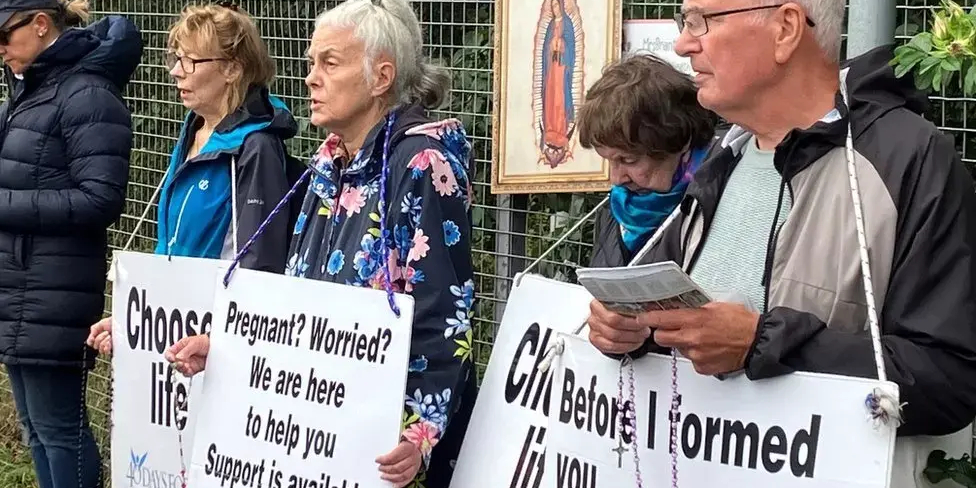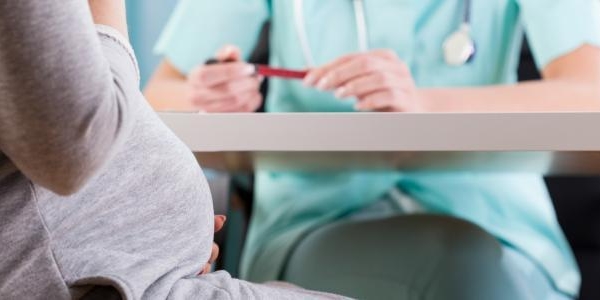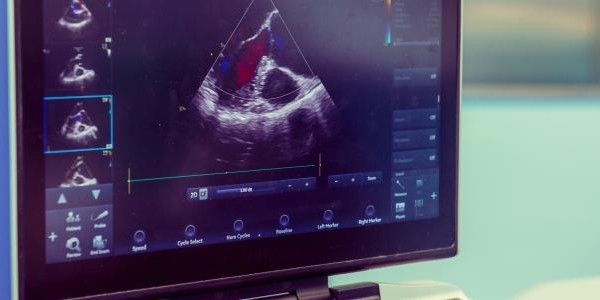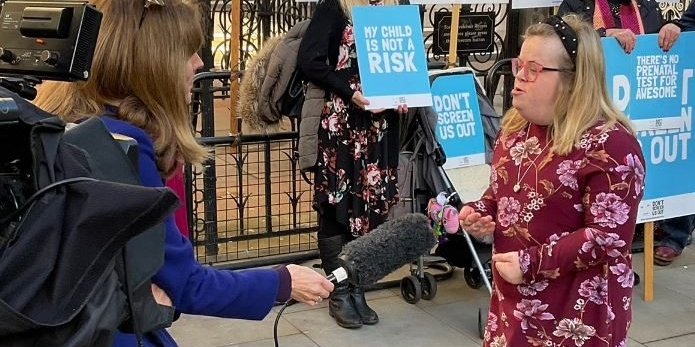CARE View: New RCOG Report Will Ultimately Hurt, Not Help Women
Abortion
“Better for women” is the claim of the so-titled latest report published by the Royal College of Obstetricians & Gynaecologists (RCOG) on 2 December. And it certainly contains much that is welcome: better and more cohesive care for vulnerable women in the weeks following childbirth; better education around issues related to menstrual health; better protections for women at risk of domestic violence, better support for victims of FGM. These are things that we can and should support.
However, we might also be wise to ask some questions of certain aspects that fill out the RCOG’s definition of “better”.
Home-use abortion pills
One such aspect is their advocacy for home-use of both pills taken to induce an abortion. Currently women are only allowed to take the second set of pills (misoprostol) at home. Whilst home-use may improve access and comfort for women seeking an early termination of pregnancy, and, as is suggested with the current home-use of misoprostol, “save precious NHS resources”, it is debateable whether this is “better” for women.
Obstetrician and campaigner for abortion, Peter Bolyan, admits that: ‘there are serious dangers when women take [abortion pills] without supervision. We have knowledge of women who have taken them in excessive dosage and that can result in catastrophe for a woman such as a rupture of the uterus with very significant haemorrhage…And if that happens in the privacy of a woman’s home or perhaps in an apartment somewhere, that can have very, very serious consequences for women. So, it’s really important that these tablets are…dealt with in a supervised way…’ Removing the safeguard of personal contact with women seeking abortion arguably removes a precious opportunity for trained professionals to assess whether the woman is doing so freely, and is fully apprised of the not insignificant side-effects and the support available to her.
NHS certified information provider, Patient.info, advise that women undergoing a medical abortion may experience abdominal pain and may feel ‘quite emotional’. Furthermore they suggest that as many as 1 in 10 procedures results in infection; abortion provider, BPAS suggest that during a medical abortion a woman may “may bleed heavily - possibly more than a period, and see large blood clots (as big as a lemon);” women will also have to pass the fetus which, according to abortion-provider BPAS, at 10 weeks “is about the size of an olive,” and may have a recognisable shape. In light of all this, one might question whether leaving women to experience this at home, in a potentially isolated situation really is providing them with the best possible care.
BPAS also suggests 3% of women seeking terminations up to 9 weeks gestation will require surgical treatment to complete the abortion, rising to 7% from 9 to 10 weeks gestation. Given the total number of medical abortions under 10 weeks gestation, within England & Wales, for 2017 was more than 120 000 it is likely the number of women with incomplete abortions will be significant, in view of which closer rather than further removed supervision seems wise.[1]
Teach medical students about abortion
The RCOG also suggest amendment of “the Undergraduate medical curriculum to include the importance of abortion care to students” and they commit to teaching and assessing abortion skills within their core curriculum. For the woman, or indeed anyone, pursuing a career in medicine or indeed in Obstetrics or Gynaecology who conscientiously objects to involvement in abortions, this may well be troubling, precisely as it risks undermining her choice of what services she feels able to provide.
RCOG pushing for decriminalisation of abortion
Furthermore, the RCOG commit to continuing to push for so-called decriminalisation of abortion up to 24 weeks across the UK. It is uncertain what impact this will have on the prosecution of unsafe and forced abortions. Or, indeed, upon gender-selective abortions, which often have a disproportional impact on women and baby girls. (See here and here, for a more detailed look at the potential negative implications of “decriminalisation”).
Create 'access zones' around abortion clinics
In addition to this, the RCOG are advocating the creation of “access zones” around abortion care providers. Whether or not one supports protests or vigils around such providers, such restrictions on what and where it is acceptable to express one’s views are concerning. The UK prides itself on its tolerance for people of all faiths and none, and in the intellectual freedoms it affords. Curtailing such freedoms surely does little to create an environment that is “better for women”.
Conclusion
The RCOG’s report is troubling and its title misleading. Despite claiming they are seeking measures which are “better for women”, the reality is that this extends only so far – “Greater convenience for some women and for abortion providers” might be a more accurate title. There will be a cost to the measures advocated in the RCOG’s report, and it is not one which we as a society should be prepared to accept.
Footnotes
[1] This figure was calculated from the total number of abortions recorded, in England & Wales, for 2017 (197 533), by taking the percentage of abortions under 10 weeks gestation from this total figure (77%), and subsequently taking the percentage of these which were medical abortions (80%) which gives 121 680 medical abortions under 10 weeks gestation. Department of Health and Social Care, “Abortion Statistics, England and Wales: 2017”, rev. ed., December 2018, 3, 12, 15. https://assets.publishing.service.gov.uk/government/uploads/system/uploa...
Author: Sarah Pike is CARE's Early Human Life Policy Officer





Share story
CARE View: New RCOG Report Will Ultimately Hurt, Not Help Women